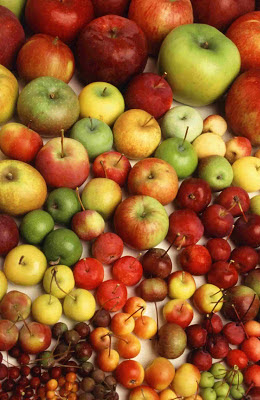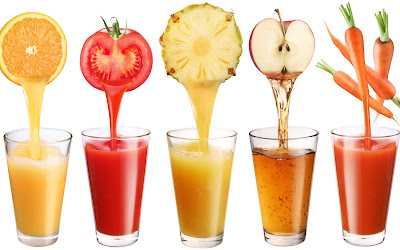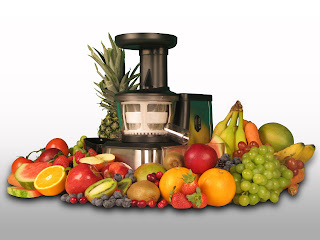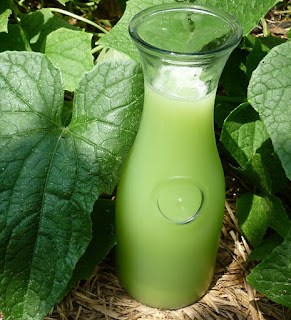 |
| Image from rsc.org Do you really want THIS to be on your food? |
Buying all organic can get expensive sometimes; at some stores it may even be impossible. If you fall into the same category as most Americans, you might need to pick and choose which foods you buy organic and which you don’t. These ten produce items have been found by the Environmental Working Group (EWG) to be the most likely to contain pesticide contamination, which makes it a wise choice to buy organic:
- Apples
- Celery
- Sweet Bell Peppers
- Peaches
- Strawberries
- Nectarines (imported)
- Grapes
- Spinach
- Lettuce
- Cucumbers
Green Beans, Kale, and collard greens were also listed as foods that contained pesticides of particular concern—they were commonly contaminated with “highly toxic organophosphate insecticides,” which are toxic to the nervous system. This information comes from the EWG’s 2012 Shopper’s Guide to Pesticides in Produce™.
Consumption of food with pesticides can cause serious health problems, such as birth defects, nerve damage, cancer, and more. Of course, these effects directly relate to how much is consumed and how toxic that particular pesticide is. Children are especially sensitive to pesticides because their bodies are still developing and they eat a greater percentage of their body weight in food than adults do.
 |
| Image from eisforeat.blogspot.com Strawberries were among the most contaminated |
While eating one strawberry with trace amounts of pesticide might not do much harm, constantly consuming contaminated foods could become a problem. Steering clear of non-organic brands of the above produce will help keep you and your family out of harm’s way. My next posting will continue this topic with a list of foods that have been found to contain the leastamount of pesticides.


























